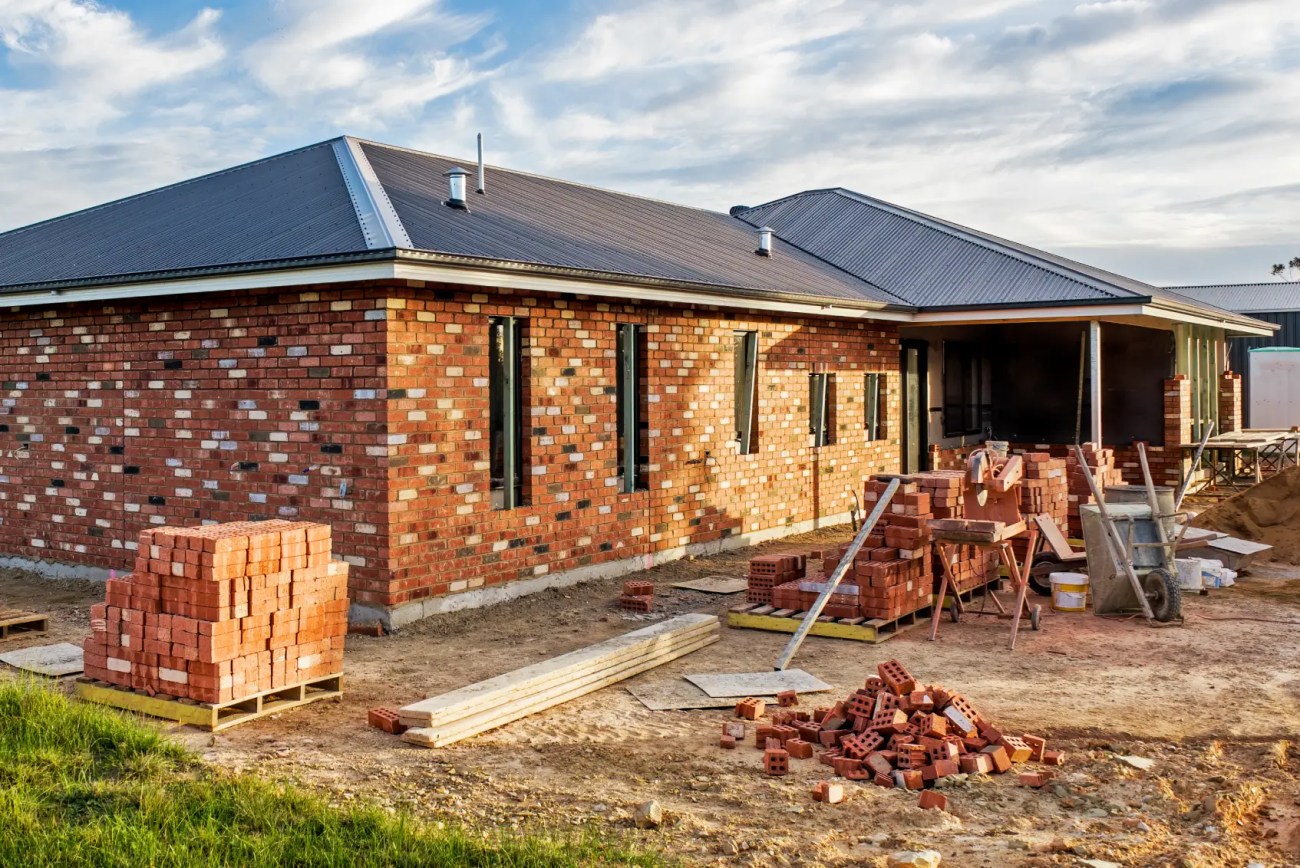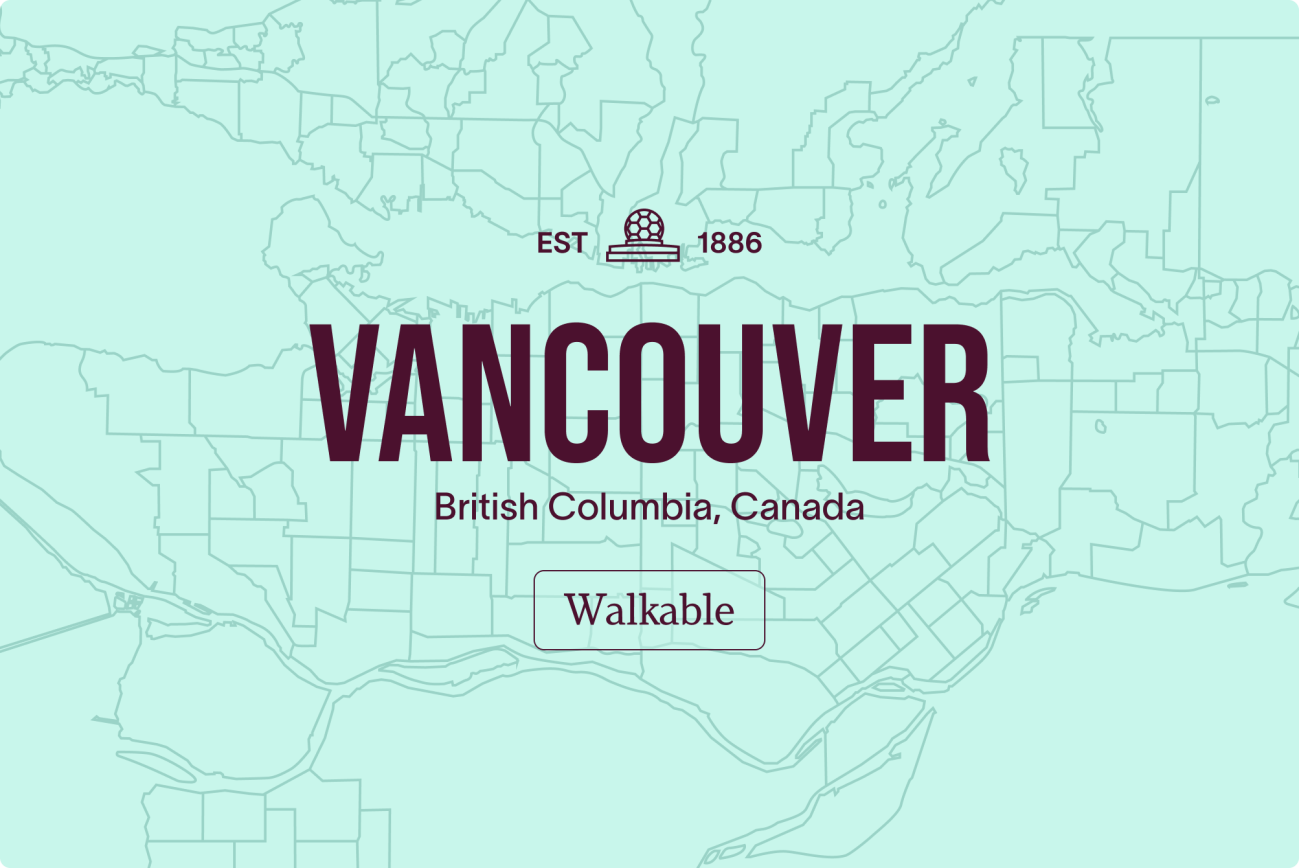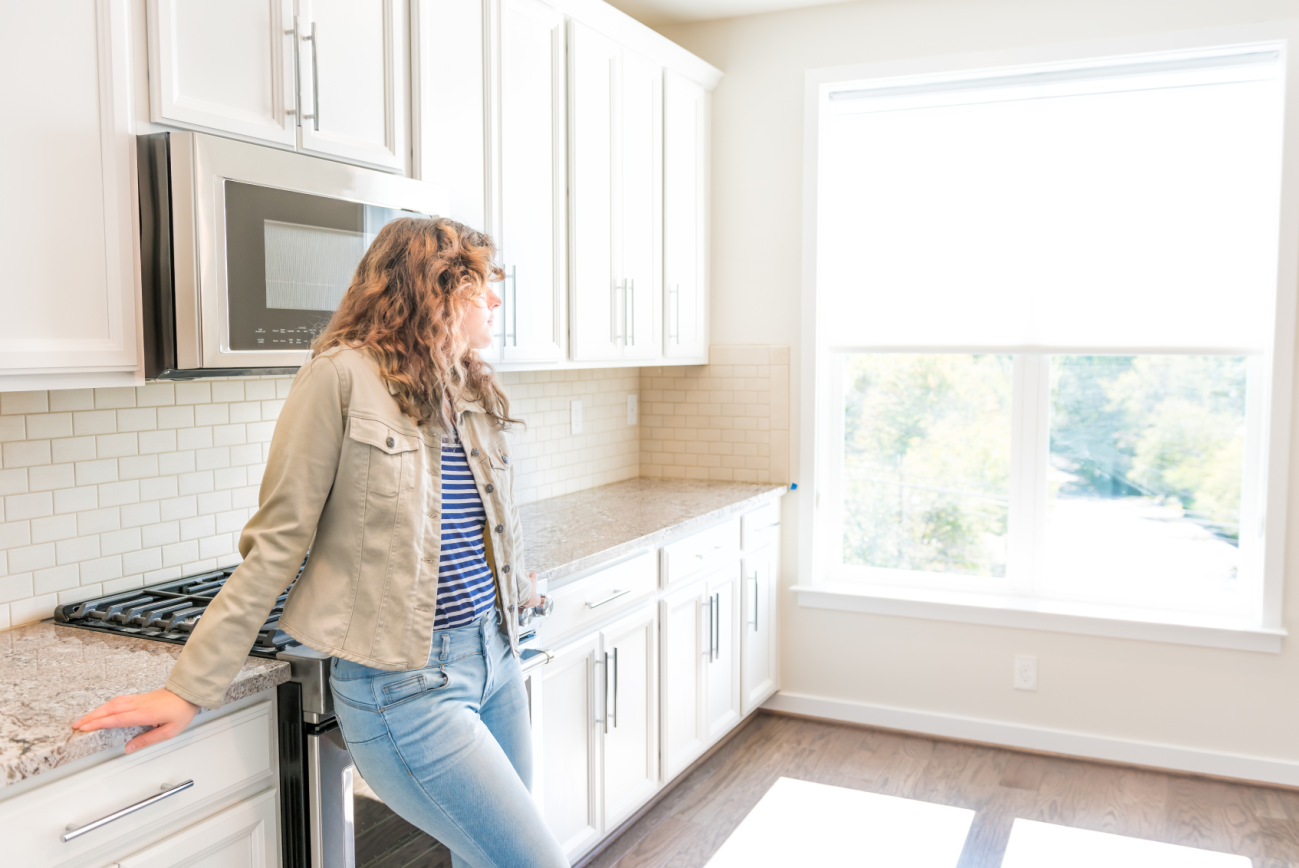If you’re in the market to buy, you’ve likely considered whether you’re looking for a new build vs. resale home. By understanding the advantages and disadvantages of new construction vs. resale properties, you can narrow down your options and find the home that best meets your needs and makes the most sense for you financially.
New build vs. resale: What is a resale home?
A resale home has been previously owned by someone else. Therefore, any home that is not newly built and for sale by owner or via a real estate agent, is a resale home.
New build vs. resale: What are the benefits of buying a previously owned (resale) home?
Buying a resale home can be a sound investment and can provide a broader range of options than you may find with new builds. With such a range of choices comes a broad spectrum of prices, which can accommodate different budgets.
Depending on how much work you’re willing to put in, there’s the potential to buy a fixer-upper at a more affordable cost than if you were buying something brand new. For many buyers the opportunity to breathe new life into a previously owned home and put their stamp on it is exciting. For others, they want a home that’s move-in ready. With resale homes, you can find both.
With resale homes, there is typically a lot more movement on price, because there’s not the fixed value assigned to homes that you’d find on a new build development. With a previously owned home there is room for negotiation and the timeline will usually be shorter than if you were waiting for construction to complete on a new build.
While new homes may come with the latest in modern tech, older homes have stood the test of time and have history in their walls. You’ll also find character from bygone eras that you won’t find in a home that’s newly built.
In addition to character features, older homes tend to be on bigger plots, which can mean a larger backyard or additional living space, if that’s important to you.
But one of the main reasons buyers opt for resale homes is in relation to their location. That’s because with time comes mature landscaping and established neighbourhoods. If you’re looking for a home in an area with easy access to public transit, good schools and a short commute, then a resale home will likely be your best bet. That’s because most new developments are not in existing neighbourhoods, meaning it can take time to build the infrastructure around them.
What should I look out for when buying a resale home?
Resale homes have been lived in before and with that comes wear and tear. Not only does this mean you may have to repair or replace items more quickly in an existing home, you should also consider the cost of any anticipated renovations you may want to make to the home to meet your needs.
The best thing you can do to avoid any surprise costs in your new home is to have the proper pre-purchase inspections. This will give you a good idea of areas you might need to spend money on further down the line. It can also provide leverage when it comes to negotiating on the price. For example, if the inspection reveals that all the home’s windows will need to be replaced in the next few years, then you can bring that up during price negotiations. You can also factor in the potential costs when determining the home’s affordability in relation to your financial plan.
New build vs. resale: What is a new build home?
A new build home is newly constructed and has never been lived in before. They can be any type of home, including single-family homes, townhouses or condominiums. Pre-construction homes, which can be bought off-plan while, or even before, they are built, also fall into the category of new build homes.
New build vs. resale: What are the benefits of buying a new build home?
One of the biggest advantages of a new home is that it’s new—from the appliances in the home to the roads surrounding it. Oftentimes, this means that the developers are using the very latest in modern amenities, such as state-of-the-art lighting or built-in home security systems.
Since developers have to build to current code, new construction homes are usually more energy efficient, using the best in insulation and the latest HVAC systems. And that’s not just good news for the environment, energy efficient homes can be more comfortable to live in and typically cost less to run in terms of your monthly utility bills.
Better still, most new homes come with a builder’s warranty, so if any of your appliances break or the window insulation fails, you will be covered and will not have to pay anything out-of-pocket to have them repaired or replaced. This means that, unlike in a resale home, you’re not having to worry about any corner-cutting on previous renovations or misuse by the owners before you, because everything is new and covered.
Buyers who opt for new build homes in the pre-construction phase also get the opportunity to customize their home from a selection of finishes, layouts and features. This gives you the option to personalize your home based on your needs and preferences, without building it for yourself.
What should I look out for when buying a new build home?
The key to buying a new build home is to carefully review the contract and warranties, because they are vital to the home’s overall affordability. Developers rarely offer any movement on the sale price but there is room for negotiation when it comes to the add-ons and features that might make the home a more attractive option.
If you’re buying a home off-plan, then there will be a period of time that you’ll have to wait before you can move in. In some cases this could take years and you will have to fit the bill for any accommodation costs in the interim—and these should be factored into your decision.
With all the newness that comes with a new build home, there is also the drawback that the neighborhood and landscaping will be more limited, since they have not had the time to develop and grow.
Furthermore, new build developments tend to be located in the suburbs and away from the more populous urban centres, meaning you may be more reliant on your vehicle to get around.
What is the cost of buying a new build vs. resale home?
New construction homes are typically more expensive per square foot than resale homes. But if you’re looking for more predictability on the cost, then a new build home may be the best option. That’s because with new builds, the sale price is usually fixed and the only movement is related to the customized features, layouts or add-ons. With resale homes there is room for negotiation, which can then lead to bidding wars and an overinflated sale price, especially in high-demand locations.
However, one significant cost that comes with new build homes, that you won’t pay on resale properties is the GST/HST that you’ll have to pay on the final sale price. The percentage you pay will vary based on the province you’re in, but in Ontario, for example, you’ll pay 13% on top of the sale price, which is an extra $65,000 on a $500,000 home.
Sometimes with new build homes, buyers can opt to pay over time, starting with a down payment and then more down every one-to-three months until construction is completed. In some cases, in a growing market, by the time you move in, the home will already be worth more than you paid for it. But, of course, there are no guarantees.
Beyond the purchase price you should also consider the maintenance costs of your home. While you may be able to purchase a resale home for a lower price, your maintenance costs are more likely to be higher because the home is older. And these costs will vary dramatically depending on the issue. For example, you may be able to replace a broken appliance for a few hundred dollars, but a brand new roof will cost you thousands. That’s why the pre-purchase inspection is so important.
You should also factor in the cost of any renovations that may be required after purchasing a resale home. New builds will be move-in ready, but resale homes may require expensive renovations to meet your needs, meaning you’ll be grappling with the potential stress and cost of supply chain challenges and increasing labour costs, yourself. And remember, any renovations you make will have to be up to current building code, which could mean additional labour and cost.
As well as lower maintenance and renovation costs, new construction homes are usually cheaper to run as a result of their energy efficiency. That means your utility bills may be lower in a new home compared to an existing one.
That said, it’s important to weigh up all the costs because, depending on your location, you may spend more on running a vehicle and transportation costs in a new build home, due to a lack of infrastructure and less access to public transit. You should also take into account the cost of rent and other living costs as you wait for a new construction home to be built, which in some cases could be a couple of years.
How do I decide between a new build vs. resale home?
When it comes to deciding on a new build vs. resale home, you should weigh up your needs, your preferences and how much you can afford. Bear in mind that choosing a resale home, doesn’t mean you have to buy something old, it just means that there’s been a prior owner and it won’t be brand new.
With any property investment, you should think about the home’s potential resale value. New builds can be an attractive option for investors since they can have larger profit margins if their values increase as the new community grows. However, resale homes are often said to be a less risky investment because you know the property’s sale history and so there’s less uncertainty on the future of an already established neighbourhood.
You should also think about how much work and money you’re willing to put into a resale home to make it livable for you. Renovating a new home can be very exciting and a great way to put your own stamp on a property, but for some the thought is overwhelming and they’d rather walk into a home that’s ready for them from the moment they walk through the door.
The other major factor when comparing new build vs. resale homes is location. If you’re looking for a well-developed neighbourhood, with an established infrastructure, access to public transit and good schools, you may be more likely to find that in a resale home. But if the prospect of being a part of a new and growing community is exciting for you, then a new build may be the better choice.
Get matched with an expert
Being a homeowner doesn’t mean you have to be a do-it-aloner. Houseful is here to introduce you to experts who don’t just know their stuff, they know you too. Get matched with a real estate agent in your area for local insights and connect with an RBC mortgage advisor for financing guidance. Visit houseful.ca.




